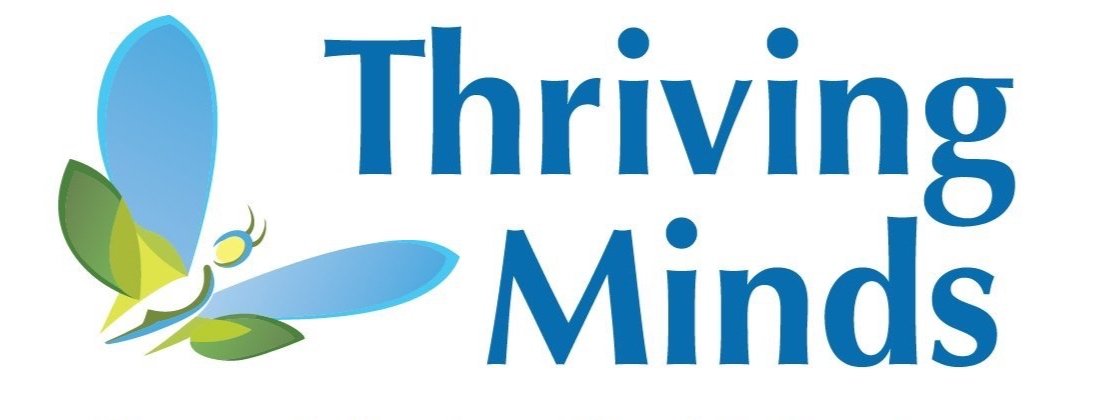Attention-Deficit/Hyperactivity Disorder (ADHD) is one of the most common neurodevelopmental disorders among children, leading to widespread interest in treatment options. However, amidst this interest lies a landscape filled with treatments that lack solid research backing or could potentially be harmful. As mental health professionals and consumers, it is critical to distinguish between evidence-based practices and those that are ineffective or could lead to negative outcomes. In this article, we explore some controversial treatments for ADHD in children and provide guidance on why these should be approached “with caution.”
Read MoreIn the complex landscape of child mental health, the bridge between professionals and parents is pivotal. Effective communication not only enhances therapeutic outcomes but also ensures a cohesive approach to supporting a child’s educational and emotional needs. This article delves into techniques that foster open, effective dialogue between educators, therapists, and parents.
Read MoreAnxiety can be a challenging emotion for children and adolescents to navigate, often leading to a cycle of avoidance that can impact their daily lives and academic success. In school or clinical settings, recognizing and addressing this cycle is crucial for providing effective support and intervention.
Read MoreIn the quest to enhance school attendance and address emerging school refusal tendencies, the establishment of dedicated attendance teams proves to be a proactive and effective strategy. In this article, we delve into the structure and significance of these teams in tackling absenteeism.
Read MoreDelving into the differences between school refusal and truancy is key to helping students thrive. In this article, we uncover the unique reasons behind each, understand their subtleties, and discover how to best help students facing these challenges.
Read MoreAs a school or clinic-based professional, you understand the challenge of helping students who refuse school. To support these students in their reentry, it is important to develop an evidence-based strategy that takes into account the available data around school refusal behaviors. In this article, we will explore the research on this topic and share best practices for developing a personalized, data-driven reentry plan with your struggling students.
Read MoreDo you ever find yourself stuck while working with your child clients or students? Do their behaviors or slow progress ever leave you frustrated, despite your best efforts? Cognitive distortions, or “unhelpful thoughts” are like optical illusions for our thoughts, subtly changing our view of the problem. In this article, we'll delve into common unhelpful thoughts we encounter in child-focused professionals as well as strategies for addressing them.
Read MoreHow many of your child clients take melatonin to help fall asleep? Recent years have seen an increase in the number of parents turning to melatonin for help with their children's sleep problems. In this article, we'll provide updates about the latest research on melatonin use in children so you can help families make informed decisions.
Read MoreEffective and compliant supervision is a crucial part of any professional field, but do you have the necessary resources to ensure it passes that proverbial "sniff test?" In an effort to ensure your professional practice meets best practices, we're sharing 3 tips to make sure your supervision is up to par.
Read More









